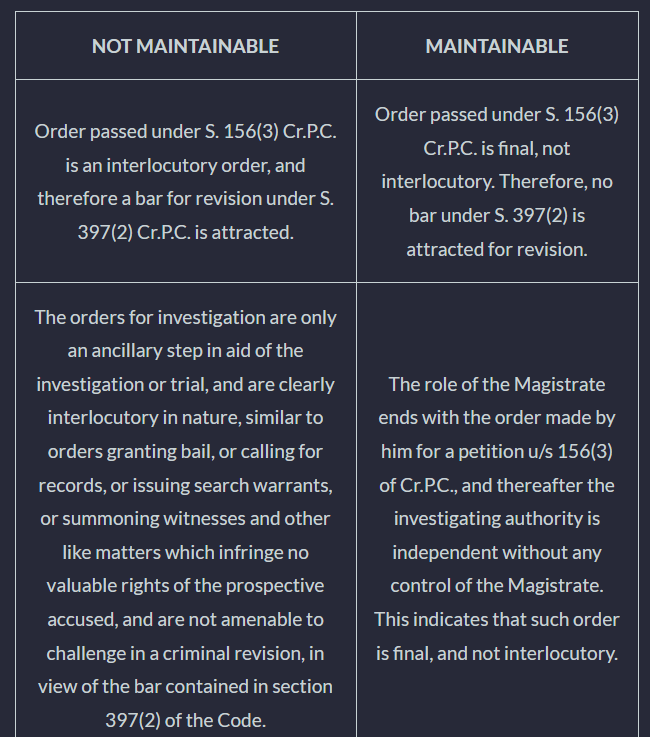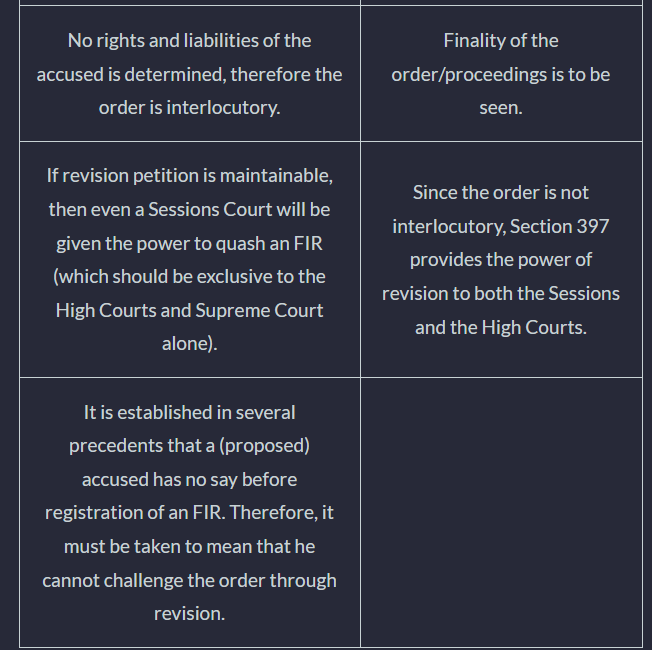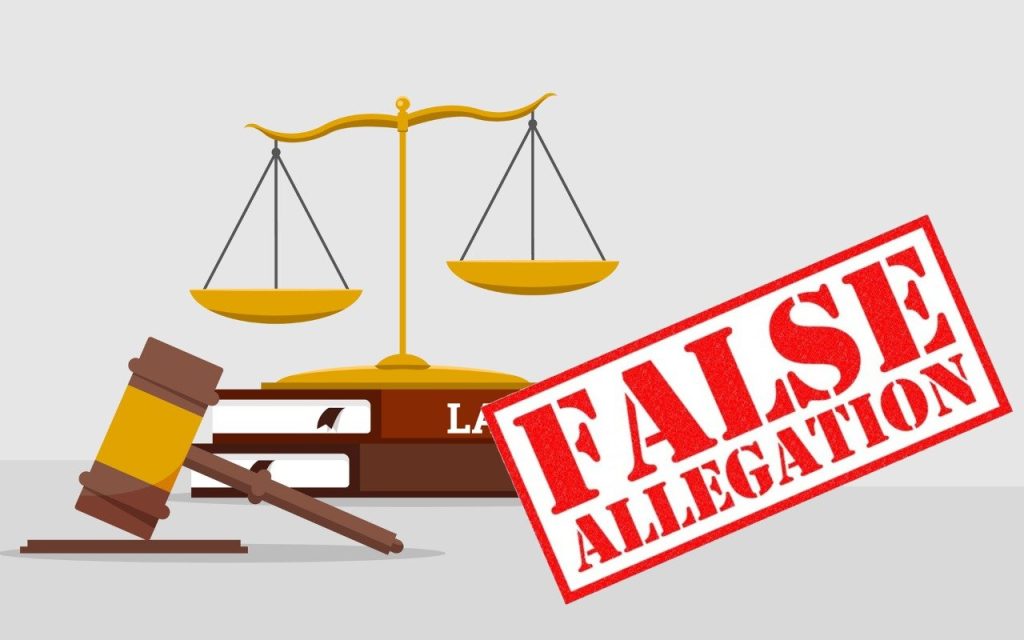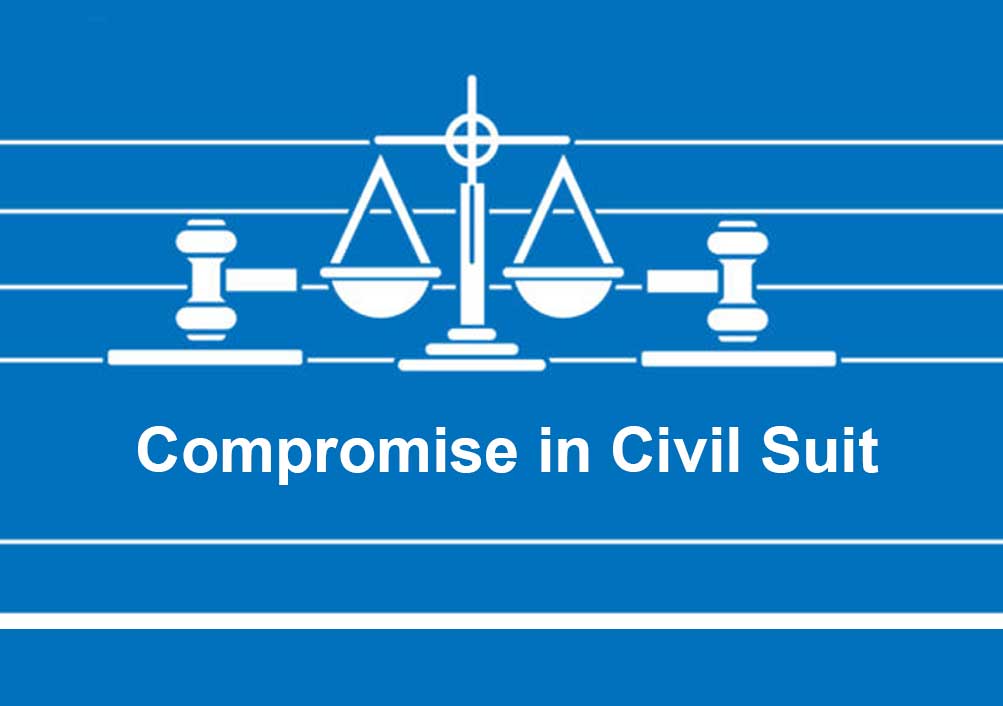In this article, let us analyze if the Revision petition filed by an accused person challenging an order u/s 156(3) is maintainable or not.
Some judgments wherein it was held that a revision petition is NOT maintainable against the order passed by a Magistrate in a petition filed u/s 156(3) of Cr.P.C.:
Father Thomas vs State of UP – Allahabad HC – Full Bench – Crl Revision 1640/2001
“65. A. The order of the Magistrate made in exercise of powers under Section 156(3) Cr.P.C directing the police to register and investigate is not open to revision at the instance of a person against whom neither cognizance has been taken nor any process issued.
B. An order made under Section 156(3) Cr.P.C is an interlocutory order and remedy of revision against such order is barred under sub-section (2) of Section 397 of the Code of Criminal Procedure, 1973.
C. The view expressed by a Division Bench of this Court in the case of Ajay Malviya Vs. State of U.P and others reported in 2000(41) ACC 435 that as an order made under Section 156(3) of the Code of Criminal Procedure is amenable to revision, and no writ petition for quashing an F.I.R registered on the basis of the order will be maintainable, is not correct.
66. As we have recorded a finding that no criminal revision will lie against the orders passed by the Magistrate directing investigation under section 156(3) Cr.P.C., no useful purpose will be served in sending back the said Criminal Revisions to the Single Judge bench hearing criminal revisions.”
Amarnath Agarwal v. Jai Singh Agarwal – Chattisgarh HC – Single Judge – WP (Cr.) No.116 of 2013
“21. …..To exercise revisory power under Section 397, the Court whose order is sought to be revised must have recorded some finding, order or sentence or have drawn a proceeding which is ex facie illegal or without jurisdiction. While directing the police officer to investigate the matter the Magistrate neither records any finding nor passes any order or sentence against the accused because at that stage the registration of FIR is only against the prospective accused.
If it is held that an order under Section 156 (3) of the Code is revisable, the same would amount to clothing the Sessions Court with the power of quashing the FIR or investigation. Such power is conferred only on the High Court under section 482 of the code or under Article 226/227 of the Constitution of India.”
Some judgments wherein it was held that a revision petition is maintainable against the order passed by a Magistrate in a petition filed u/s 156(3) of Cr.P.C.:
Jagannath Verma v. State of U.P – Allahabad High Court – Full Bench – Crl. Misc. Case No. 3778/ 2012
“(i) Before the Full Bench of this Court in Father Thomas, the controversy was whether a direction to the police to register a First Information Report in regard to a case involving a cognizable offence and for investigation is open to revision at the instance of a person suspected of having committed a crime against whom neither cognizance has been taken nor any process issued. Such an order was held to be interlocutory in nature and, therefore, to attract the bar under sub-section (2) of Section 397. The decision in Father Thomas does not decide the issue as to whether the rejection of an application under Section 156 (3) would be amenable to a revision under Section 397 by the complainant or the informant whose application has been rejected;
(ii) An order of the magistrate rejecting an application under Section 156 (3) of the Code for the registration of a case by the police and for investigation is not an interlocutory order. Such an order is amenable to the remedy of a criminal revision under Section 397; and
(iii) In proceedings in revision under Section 397, the prospective accused or, as the case may be, the person who is suspected of having committed the crime is entitled to an opportunity of being heard before a decision is taken in the criminal revision.”
Avinash Trimbakrao Dhondage v. State of Maharashtra – Bombay High Court – Single Judge – Crl. W.P. 159/ 2014 – 2015 SCC OnLine Bom 5197
“9. From the two decisions quoted above, it is clear that after making of the order u/s 156(3) of the Code, it is the duty of the officer-in-charge of the Police Station to register FIR regarding cognizable offence disclosed by the complaint and then to proceed to make investigation, which would end up only with the report contemplated in Section 173 of the Code. It is noteworthy that the Magistrate, after having made an order u/s 156(3) of the Code does not have any control on the manner of investigation, making of arrest of the accused or not etc. However, the investigation after completion would end up only with the report contemplated in Section 173 of the Code and it is on that report thereafter, the procedure contemplated by Section 173 of the Code or rather the power of the Magistrate would come into play. In other words, the order directing investigation made by the Magistrate in the proceeding u/s 156(3) of the Code would be final insofar as the Magistrate is concerned. The Supreme Court clearly made a distinction in relation to the power of the Magistrate u/s 202(1) of the Code namely to direct an investigation to be made by a Police Officer or by such other person, is only for helping the Magistrate to decide whether or not there is sufficient ground for him to proceed further. Therefore, such a direction for investigation contemplated by Section 202(1) of the Code should not be confused with the direction to investigate u/s 156(3) of the Code and the same is independent having no relationship with the order of investigation u/s 156(3) of the Code.
11. The learned counsel for the parties have cited before us decision of the Full Bench of Allahabad High Court in the case of Father Thomas v. State of U.P. reported at 2011 Cri.L.J., 2278. We have perused the said decision and we think that the said decision is clearly distinguishable since the Full Bench of Allahabad High Court did not advert to the fact of termination of the proceedings u/s 156(3) of the Code after passing of the order by the Magistrate thereunder and thus the said proceeding ending into final order.
12. It is thus clear from the above that the investigation pursuant to the order u/s 156(3) of the Code is not controlled by the Magistrate and that was what was held by the Supreme Court in the case of S.N. Sharma v. Bipen Kumar Tiwari and State of Bihar v. J.A.C. Saldanha, as stated in the Full Bench judgment. To repeat, after making of order u/s 156(3) of the Code, the Magistrate has further nothing to do and the proceeding u/s 156(3) of the Code gets terminated. Nothing remains pending before the Magistrate after such order is made. Thus, despite termination of the proceeding u/s 156(3) of the Code of Criminal Procedure, 1973 and in the light of the principle ‘ubi jus ibi remedium’, the petitioners/applicants cannot be denied the statutory remedy of revision.
15. Insofar as the question framed by us is concerned, we find that there is a passing reference in paragraph no. 31 made by the Division Bench about availability of several efficacious alternative statutory remedies under the Criminal Procedure Code to challenge the order u/s 156(3). We think though it is obiter dicta, nevertheless the same is binding on us as we respectively agree with the said view, for the above reasons that the order u/s 156(3) of the Code not being an interlocutory order, but being a final order in a proceeding u/s 156(3) of the Code would certainly be revisable under the revisional powers of the Sessions Court or the High Court. The Division Bench in the case of B.S. Khatri v. State of Maharashtra (supra), however, clearly held that the exercise of extraordinary jurisdiction under Article 226 of the Constitution should not be made for considering the challenge to order u/s 156(3) of the Code with which again we respectfully agree. We, however, state that the bar to exercise extraordinary jurisdiction under Article 226 of the Constitution is the one of self-imposed rule. We, however, hold that the order u/s 156(3) of the Code not being an interlocutory order, would obviously be revisable. We thus hold that the order u/s 156(3) of the Code of Criminal Procedure, 1973, is not an interlocutory order, but is a final order terminating the proceeding u/s 156(3) of the Code and that the revision u/s 397 or Section 401 of the Code would lie.”
Nishu Wadhwa v. Siddharth Wadhwa – Delhi High Court – Single Judge – W.P.(Crl.) 1253/ 2016 – 2017 SCC OnLine Del 6444
“13. The issue that since the accused has not been summoned as an accused and has no right to file a revision petition is alien, while deciding an application under Section 156(3) Cr.P.C. The said issue crops up when the Magistrate entertains the complaint and on taking cognizance proceeds as a complaint case. In case directions are issued for registration of FIR immediately, on registration of FIR, the person against whom allegations are made in the FIR attains the status of an accused. His rights in so far as the Police can summon him for investigation, arrest him without warrants for allegations of cognizable offences are duly affected. In a situation where the fundamental right of freedom and liberty of a person is affected, it cannot be held that he has no right to be heard at that stage. Thus to hold that since directions only have been issued under Section 156(3) Cr.P.C. and no cognizance has been taken thus no revision would lie would be an erroneous reading of the decisions of the Supreme Court. Therefore, an order dismissing or allowing an application under Section 156(3) Cr.P.C. is not an interlocutory order and a revision petition against the same is maintainable.
26. In view of the aforesaid discussion, this Court holds that the revision petition filed by respondent No. 1 before learned Additional Sessions Judge was maintainable.”
Gist of reasonings for why a Revision Petition is maintainable (or not) against an order passed in a petition filed u/s 156(3) of Cr.P.C.


AUTHOR’S OPINION:
ORDERS MADE u/s 156(3) Cr.P.C., ARE NEITHER INTERLOCUTORY NOR FINAL (FOR THE PURPOSE OF REVISION), THEY ARE PRE-EMPTORY:
The Hon’ble Supreme Court, in the case of Amar Nath v. State of Haryana (1977 4 SCC 137), had held that an interlocutory order “merely denotes orders of a purely interim or temporary nature which do not decide or touch the important rights, or the liabilities of the parties. Any order which substantially affects the, right of the accused, or decides certain rights of the parties cannot be said to be an interlocutory order so as to bar a revision to the High Court against that order, because that would be against the very object which formed the basis for insertion of this particular provision in S. 397 of the1973 Code.”
Firstly, when an order u/s 156(3) Cr.P.C. is passed by a Magistrate, there may or may not be a proposed accused, meaning the (De Facto) Complainant may not have yet named any person(s) as the accused who had committed the alleged offence. This would mean that the 156(3) proceedings do not necessarily carry the name of the accused as a “party” to the proceeding. Had he been a party to the proceeding, he may have been arrayed as one, and given an opportunity at that stage itself. This is because no party to any proceeding can go without an opportunity of being heard, as per the principles of natural justice. But it is not the established practice to afford an opportunity to the accused during 156(3) proceedings. It is very much the opposite.
In Mohd. Yousuf v. Afaq Jahan (2006 1 SCC 627), the Supreme Court observed that when a Magistrate is hearing a 156(3) petition, he is not to examine the Complainant on oath. This perhaps shows that neither the Complainant, nor the Accused(if any) are parties to the proceedings.
Further, in the case of Supreme Bhiwandi Wada Manor Infrastructure (P) Ltd. v. State of Maharashtra (2021 8 SCC 753), the Supreme Court had held that the order of a Magistrate u/s 156(3) is in the nature of a pre-emptory reminder or intimation to the police to exercise their primary duty and power of investigation.
156(3) is to be taken as being similar to 154(3), which are both secondary remedies for Complainants/Aggrieved persons whose complaints have not been taken on record by the police. An order u/s 156(3) directing the police to register an FIR and investigate the offence, although passed by a Magistrate, has the same essence as a direction given by a superior police officer to his sub-ordinate, in response to a post/letter addressed to him by the Complainant u/s 154(3). In either case, there may be no accused persons at all, and the information may only carry the information regarding the commission of a cognizable offence.
Moreover, criminal law is set in motion only upon the registration of an FIR. Therefore, any remedy arising from the registration of FIR can be made available to the accused only once after such FIR is registered.
If a direction to register an FIR by itself affects the rights and liabilities of a proposed suspect/accused (if any), then no criminal proceeding can proceed beyond the preliminary stage, which is the registration of a FIR.
The extraordinary cases where a Magistrate has committed an obvious error by directing the registration of a FIR with a non-speaking order, or where no cognnizable offence was prima-facie made out in the material before him, the accused may still approach the High Court u/s 482 of Cr.P.C., which too shall be once after the FIR is registered, and the accused person is informed of the same.
This again brings us to remind the fact that except in few cases where an accused is informed by other sources, accused persons are not informed about 156(3) proceedings or 154(3) posts. They receive the information (formally, from the investigating authority) only once an FIR is registered as against them. An accused who is following the initiatives taken by the victim/aggrieved party/complainant, or is being informed unofficially by any official, or is informed by the complainant himself (not required by law), or when the police is delaying the registration of FIR after receiving direction from the Magistrate, will be aware of such a proceeding and such an order made in a petition u/s 156(3). In all other cases, the accused (ideally) is not yet aware of these “background” proceedings. As said earlier, it is the registration of a FIR which will formally deliver the message to the accused.
In case of the complainants, they always exist, and when an order is passed by the Magistrate not entertaining such petition u/s 156(3), the complainant is affected by the same – thereby a revision may lie against it.
The difference lies in how we may not desire the accused persons exercising too many remedies even before the preliminary stage of investigation, whereas we will definitely desire the victims/aggrieved persons/complainants being heard by as many authorities/forums as possible – since pre-registration of FIR, it is only the complainant who is looking for justice, and so, he shall be given as many remedies as possible.
In the case of complainants, the respondent parties are the concerned police station. When a Magistrate dismisses a 156(3) petition, a revision may lie against him. Whereas when a Magistrate directs the police to register a FIR, but the police does not comply, the revision may lie against the concerned police. The accused is nowhere in the picture as yet (even if he is proposed to be one).
All this being the traditional course, it would make no sense to say that a 156(3) order is liable for revision u/s 397 of the Cr.P.C. Giving the accused an opportunity to file a revision petition against such order would only result in the staying of the execution of such order, and therefore delaying of any manner of (initial) investigation – giving the accused ample time for the tampering of evidence, witnesses, etc., The accused can rightfully exercise his right u/s 482 of the Cr.P.C., by filing a quash petition challenging a FIR – which must be sufficient in every case where the accused is as innocent as he claims he is.
Views are personal. Contact for personal assistance.
Subscribe to the Lawyers’ Society Youtube Channel to receive informative legal videos.









